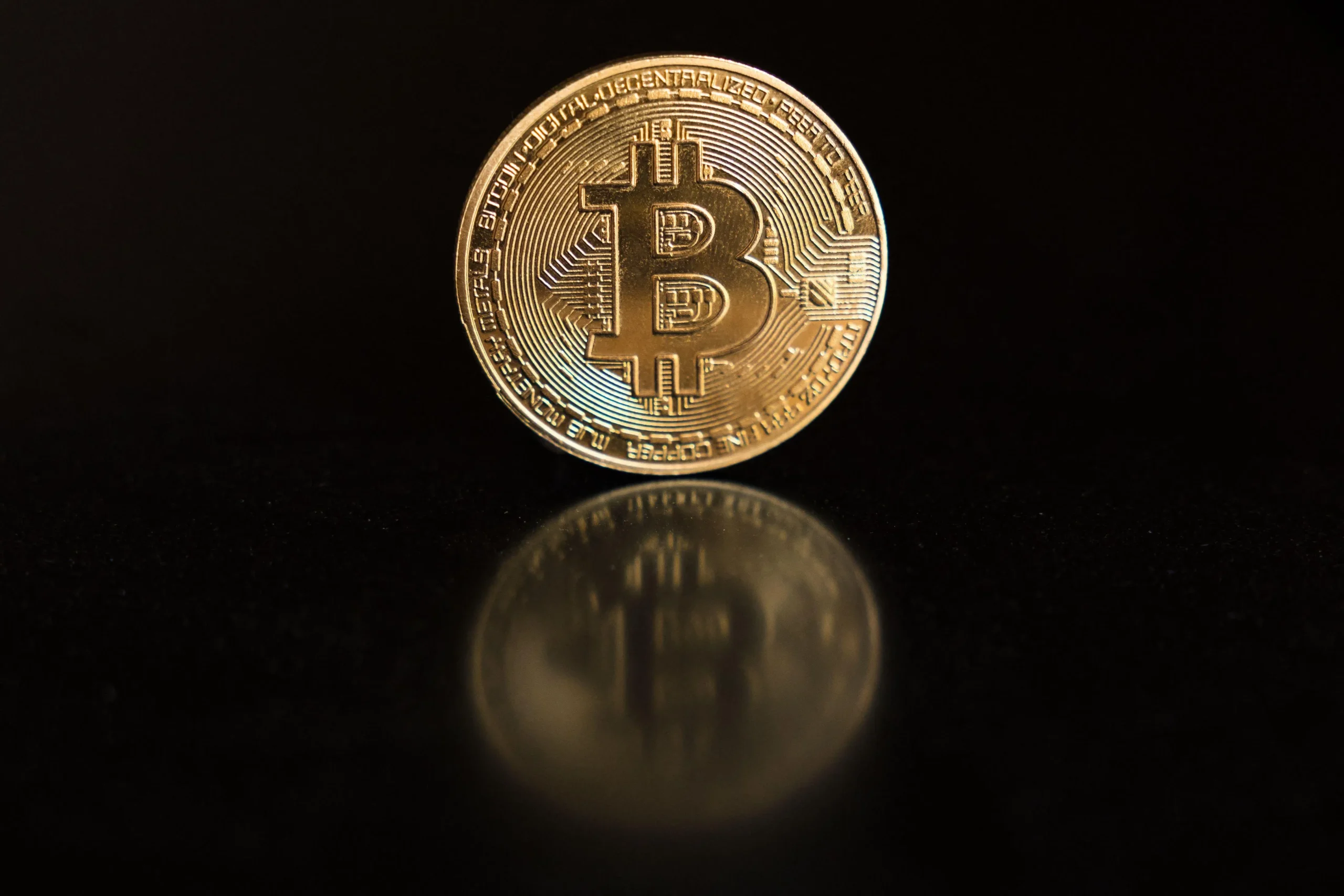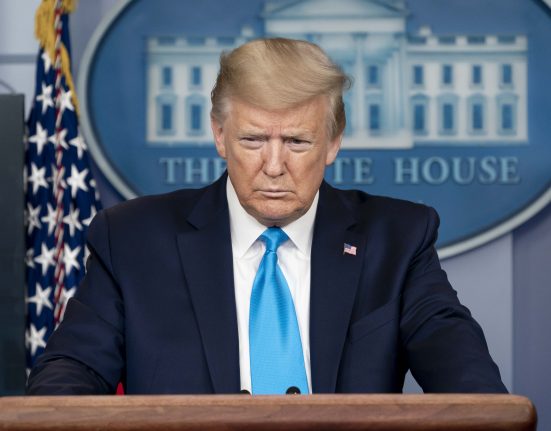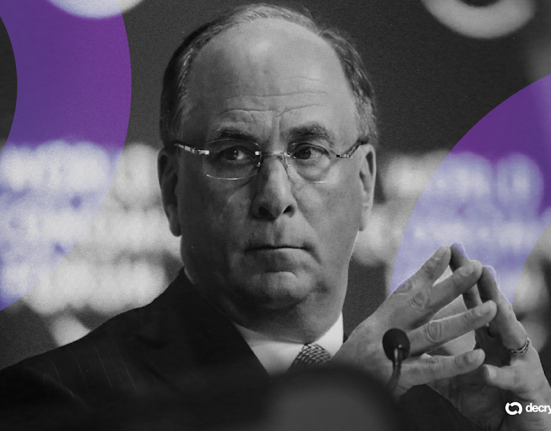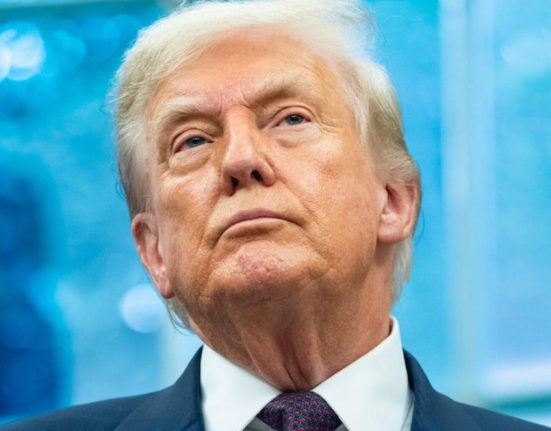[SINGAPORE] The Singapore Exchange’s (SGX) decision to launch Bitcoin perpetual futures later this year will help keep the bourse competitive as the cryptocurrency gets closer to being recognised as an investment asset.
This move aligns with the broader trend of traditional exchanges entering the crypto derivatives market, led by increased demand for digital assets. US President Donald Trump is heavily supportive of cryptocurrency.
Perpetual futures allow investors to trade the direction of cryptocurrency prices but these derivatives do not have an expiration date, unlike traditional futures.
SGX noted that initial feedback on the product has been positive from both decentralised finance and traditional finance participants.
BT in your inbox

Start and end each day with the latest news stories and analyses delivered straight to your inbox.
In line with growing acceptance of Bitcoin as part of an institutional investor’s portfolio, Darius Sit, founder and chief investment officer of crypto-asset trading firm QCP, noted: “A Bitcoin product by SGX is clear guidance for institutional investors that Bitcoin is different from the rest of the cryptocurrency universe, and not a gambling asset but instead is something investment-grade.”
Similarly, Ong Chengyi, Asia-Pacific head of policy at blockchain data platform Chainalysis, views SGX’s move as “firmly entrench(ing) Bitcoin as an investible asset that can form part of professional and institutional portfolios”.
Robert Krugman, chief digital officer at fintech firm Broadridge, also regards SGX’s entry into the market as “validat(ing) the growing acceptance of cryptocurrencies as a legitimate asset class within regulated markets, following the launch of similar products in the US, Europe and other global markets”.
QCP’s Sit expressed optimism that SGX’s Bitcoin perpetual futures will attract a new pool of investors who would not have otherwise been able to trade Bitcoin. “Hopefully, this is the first Bitcoin product of many to come”, he added.
Benefiting SGX
Krugman said: “More broadly, it puts pressure on other traditional exchanges to consider offering similar crypto derivative products to remain competitive, and global regulators to develop frameworks that enable these products to be launched in their markets,” he added.
With SGX’s status as a tier-one global exchange and being strong in derivatives, Matt Long, general manager, APAC, at FalconX, said: “As institutions increasingly come into cryptocurrency markets and they look to hedge their risks and trade into a range of different products, SGX should be really well placed because of its positioning to support those institutions as they come in.”
Useful for investors too
The product is expected to benefit both crypto-native and institutional investors, said Shi Le, managing director at crypto trading firm Auros.
While crypto-savvy traders are already well-versed in perpetual futures and have been actively trading these products on crypto-native exchanges, he believes SGX’s entry into the space provides an additional, regulated venue – one that traditional finance participants may find more familiar and accessible.
This move is reminiscent of the rollout of crypto exchange-traded funds over the past 18 months, Shi added.
“While these products didn’t reinvent the wheel for crypto-native investors, they significantly expanded exposure within institutional circles,” he said.
Etelka Bogardi, partner and Asia head of fintech and financial services regulatory at law firm Norton Rose Fulbright, meanwhile sees the potential introduction of Bitcoin futures on SGX as especially beneficial for market participants who require hedging services.
She believes this could be the first step towards making these derivative products available to a broader audience in the future beyond institutional investors.
Institutional integration of Bitcoin
Industry experts also see SGX’s move as part of a broader trend where digital assets, once confined to crypto-native platforms, are increasingly being integrated into mainstream financial infrastructure.
Mohd Kifa, head of compliance at crypto exchange Flipster, noted: “SGX’s entry underscores the broader shift of digital assets from niche innovation to institutional integration.”
As more exchanges adopt crypto-native instruments such as perpetual futures within regulated frameworks, Auros’ Shi believes that confidence in the legitimacy and investability of these products will continue to grow.
Saad Ahmed, the Asia-Pacific head of crypto exchange Gemini, echoed this sentiment, noting that SGX’s entry into crypto derivatives reflects the growing maturity of the crypto industry in the region.
“We are witnessing rising institutional interest across APAC, and see access to a broader range of financial instruments within crypto markets as a positive step towards providing new pathways for engagement,” he said.
For Singapore, the introduction of Bitcoin perpetual futures strengthens its position as a trusted hub for digital assets. According to Chainalysis’ Ong, SGX’s move not only reinforces Singapore’s reputation but also signals rising demand for institutional-grade crypto exposure.
“As traditional financial institutions expand their digital asset offerings, SGX’s Bitcoin perpetual futures provide a regulated, transparent way for institutional investors to participate in the market with reduced counterparty risks,” she said.
Looking ahead
Companies such as Nomura, Standard Chartered Bank and Fidelity have already entered the cryptocurrency custody business.
“As the markets grow, that is where we will continue to see traditional exchanges think about their approach to cryptocurrency and crypto derivatives in particular,” FalconX’s Long added.
Mohd Kifa said: “A trading venue that aligns with Asia-Pacific liquidity cycles and regulatory considerations enhances accessibility for institutions seeking diversified exposure. Over time, this will contribute to a more balanced and resilient global derivatives market”
However, a key focus for SGX will be managing potential risks of disorderly trading.
Volatility and lower liquidity are some of the potential additional risks that arise in connection with crypto futures products, noted Bogardi.
“In essence, the same process and rules should be followed as are in place for listing other futures contracts, in line with the Securities and Futures Act, relevant subsidiary legislation, MAS (Monetary Authority of Singapore) notices as well as the SGX rulebooks,” she said.
Bogardi also suggested that exchanges can employ various investor and market protection measures, many of which are already familiar in traditional markets. These measures include margin requirements, limits on leverage, clearing and settlement controls, price and position limits, and standardised contracts.







